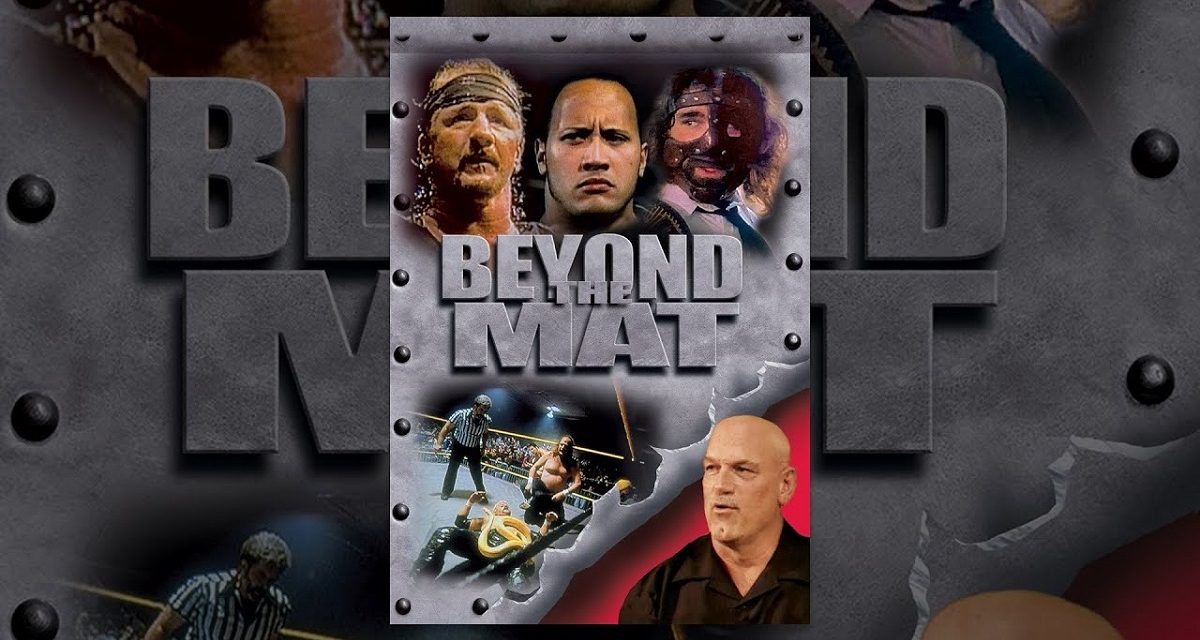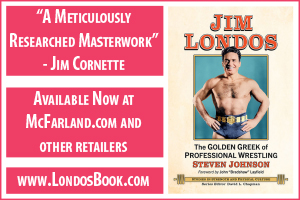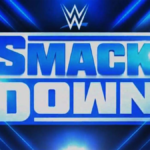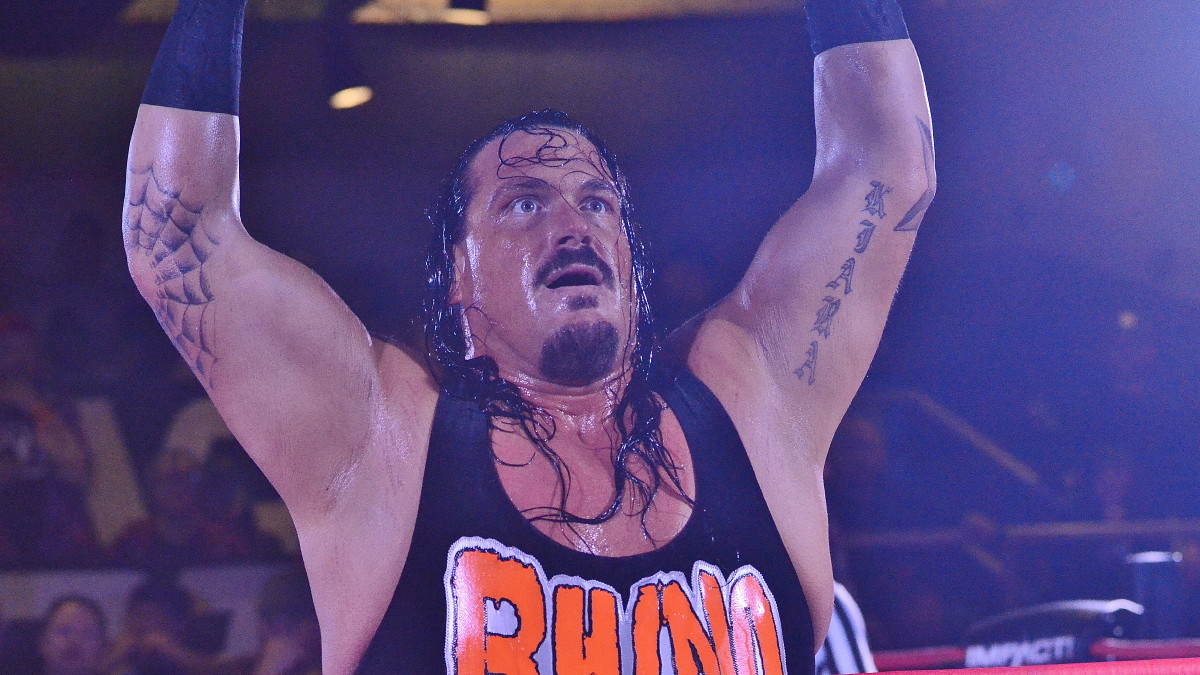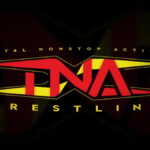A controversial new documentary on pro wrestling is setting up a potential real life grudge match between its producers and World Wrestling Federation honcho Vincent K. McMahon.
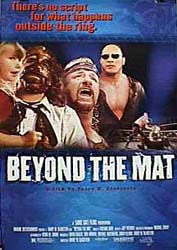
After having allowed full backstage access to a film crew, the WWF abruptly pulled its support for Beyond the Mat, a behind-the-scenes look at the pro wrestling world focusing on the exploits of WWF wrestler Mick Foley. After viewing the Ron Howard-produced film, McMahon pulled the film’s ads from all WWF broadcasts on the USA and UPN networks.
The documentary’s distributor, Lions Gate Films, claims McMahon not only pulled the ads from his own programs, but also strong-armed USA and UPN to drop all advertising for the film off both networks entirely.
The film will be released in the United States March 17. Lions Gate is considering filing a restraint of trade lawsuit against the WWF.
“It’s something we’re looking into,” admitted Tom Ortenberg, Co-President of Lions Gate Films. “We’re going to wait after the film has been released for a bit so that we can better access any damages we may have suffered.”
A spokesperson at USA who didn’t want to be identified says McMahon and the WWF made no such demands.
“That’s absolutely not true,” said the spokesperson. “(Lions Gate) is not allowed to advertise the film on WWF programming on our network because the WWF handles the sale of their own ad space. But they are free to advertise on any other program on USA. They just haven’t asked to do so.”
Paul Maguire, a Senior Vice President at UPN was contacted but declined comment.
The WWF says they pulled the ads from their own shows because of a policy of not endorsing other wrestling ventures.
“We chose to pull the ads because we thought they would create confusion in the marketplace,” says Jim Byrne, WWF Senior Vice President of Marketing. “We have longstanding policy of not promoting third party wrestling endeavors or any product that we consider direct wrestling competition to our product.”
“We have no financial or emotional attachment to the film,” continued Byrne. “We are not going to go of our way to help promote anything that doesn’t benefit us in the end.”
Director Barry Blaustein, a lifelong wrestling fan who first approached the WWF about the project in 1997, is troubled by the WWF’s alleged actions.
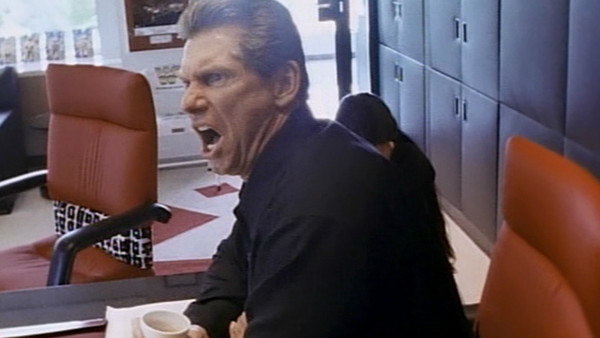
McMahon in a scene capturing a creative meeting of the WWF
“The WWF have coerced both UPN and USA into not allowing our commercial to air on both networks,” charges Blaustein. “If they don’t want to advertise it on their own shows, that’s fine. I don’t have a problem with that. What I have a problem with is the WWF strong arming two major networks like USA and UPN into not running the ad.”
“It’s appalling that a single producer (McMahon) has been able to dictate to USA and UPN what ads they can and can’t run,” claims Mark Urman, Co-President of Lions Gate Films. “It’s absolutely frightening.”
The ads have run on a small, handful of local UPN and USA stations after the producers bought local ad space in response to the alleged network ban.
Lions Gate say they had a legal contract, printed on WWF letterhead, to run the ads during WWF programming. He says that the WWF pulled the ads right at the last minute and did not inform them, potentially hurting how the film does at the box office.
“This was all done, we’re talking not in the eleventh hour but the twelfth hours,” says Ortenberg. “(The WWF) didn’t even inform us. We were told through the ad agency that handles placement of our ads. This really hurt us because we wanted to promote this film to those people who would be watching the WWF and who we feel are the core audience for this film.”
While the WWF doesn’t deny they had a legal contract with Lions Gate, they claim they were well within their rights to pull the ads.
“After viewing the ads we deemed this a project we did not want to help promote,” says Byrne. “There was a provision in the contract that allowed us to back out. Lions Gate knew that.”
The WWF’s “Raw is War” and “Smackdown!” programs are the highest rated programs on USA and UPN, bringing in millions of dollars in revenue for both networks. Lions Gate claim the networks caved into McMahon for obvious reasons.
“They know where their bread is buttered,” states Urman. “Obviously they’re going to meet the demands of the WWF.”
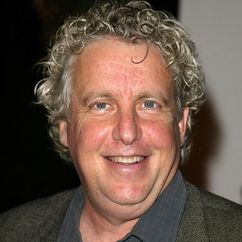
Barry W. Blaustein
Blaustein says that McMahon has issued a gag order to his stable of wrestlers, including Mick Foley, a close friend to Blaustein, forbidding them from speaking about the film in public interviews.
“Vince called me up and said if you’re such good friends with Foley as you claim, that you should never allow him do any publicity for the film. He’s threatened other wrestlers’ careers too.”
Byrne characterizes McMahon’s actions as a request, not a threat.
“Vince has requested that our wrestlers don’t speak about the film in public interviews for obvious reasons,” said Byrne. “Vince sees it as counter productive to promote a product we have no stake in.”
Perhaps in response to Blaustein’s charge, the WWF announced late Tuesday that Foley will discuss the film Thursday when he tapes an appearance on Larry King Live scheduled to air Friday. Foley will appear with Blaustein and Hulk Hogan, Terry Funk and Roddy Piper, wrestlers with World Championship Wrestling, a rival wrestling promotion owned by Time Warner.
Blaustein also contends that McMahon pulled the ads because he was angry that he had no creative control over the final edit.
“Anybody who knows McMahon knows he’s a control freak,” states Blaustein. “He has to be in charge of everything. That’s how he runs his company.”
Blaustein also feels that McMahon pulled the ads because he was upset with certain scenes, in particular one where Foley’s kids are shown crying after watching their father take a physical pummeling inside the ring.
“On his television shows, McMahon portrays himself as a bad guy,” says Urman. “I think he’s just living up to his on-air persona.”
Urman also claims McMahon was angered when the producers turned him down to buy the rights to the movie.
“I think he was put off by that,” says Urman. “This was a documentary and everybody involved in the film were adamant about keeping it independent and not a WWF propaganda film.”
“I find it incredulous that the filmmakers would feel some sort of entitlement to use WWF trademarks, names and our marketing machine to promote and publicize this film,” says the WWF’s Byrne. “And yet at the same time they want to cause a stir in the media to drum up attention for the film.”
The producers have re-cut a new version of the ad, adding the tag line that this is “the film Vince McMahon doesn’t want you to see.”
Despite the subject matter, Blaustein contends the film extends far beyond pro wrestling.
“It is a wrestling film and it isn’t,” states Blaustein. “It’s really about family and what’s really important in life, more than it is about wrestling.”
The film was named Best Documentary at the Cinequest Film Festival in San Jose, California. It was also nominated by the Director’s Guild Association for best documentary and was among the final 12 nominations for an Academy Award for best documentary.
Explore more articles in Slam Wrestling’s Beyond the Mat story archive.
